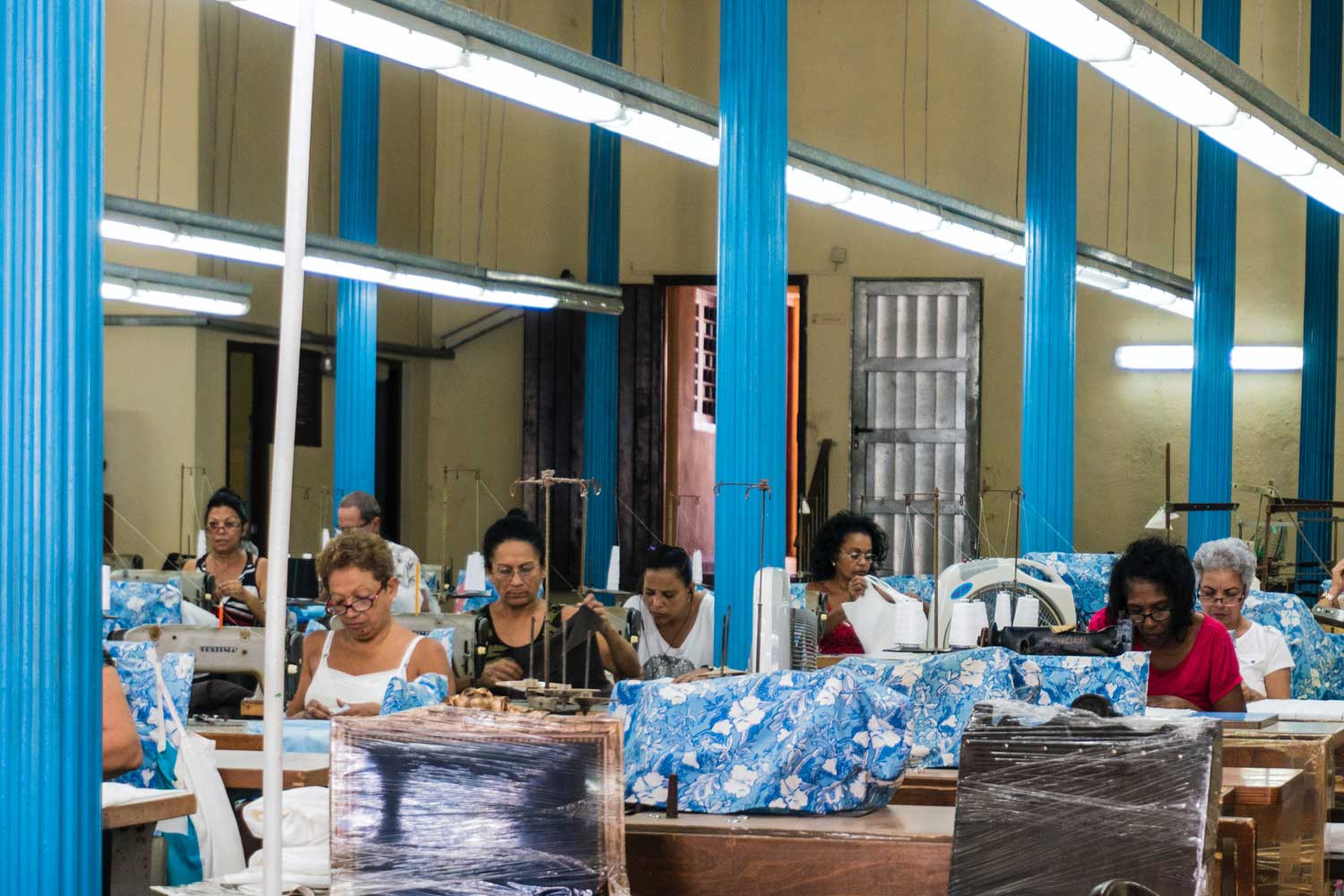Manufacturing in Mexico Talk with Bill Kessenich of Unlimited Services
Bill Kessenich, president of Oconto, Wisconsin-based, Unlimited Services, Inc., talks to The Offshore Group about operating a manufacturing plant in Mexico that produces wire harness and cable assemblies for heavy duty transportation and telecommunications equipment.
Steve Colantuoni: Bill, I’m wondering if you could tell us how the process of starting up manufacturing operations for wire harness and cable assemblies in Mexico several years ago went for you--did you find it to be easy, were there difficulties, challenges?
Bill Kessenich: There were some concerns, primarily because we didn’t have any previous experience manufacturing in Mexico. The benefit of working with The Offshore Group under it Shelter Plan, however, was two-fold—number one, when we bought the company that had that already Mexico manufacturing facilities here and the relationship with The Offshore Group in place, we inherited a lot of that experience and Offshore themselves were very instrumental. They came up to our plant in Oconto, Wisconsin. They explained the additional benefits of manufacturing in Mexico, and how they would be able to help us to expand our business as well as make it cost effective.
Steve Colantuoni: What products are you currently manufacturing in Mexico and who are their end users?
Bill Kessenich: We primarily started out as a telecom and data communications supplier company in terms of the knowledge and the work force, as well as the experience that was down here in Mexico. The types of customers that Unlimited Services started with were large customers like Motorola and JDS Uniphase. When we took over the company, part of our strategy was also to move toward attaining a capability for servicing higher volume, 12-volt mobile equipment here as well. The team of our workers here in Mexico has fielded that type of work and has become very confident at doing it.
Steve Colantuoni: If you had one piece of advice, in the category of “if I knew then what I know now” for somebody that might be in the position you were in when you were first looking at Mexico and making the move to Mexico, what would it be?
Bill Kessenich: Our initial foray into Mexico was to buy a company of our own. When we approached the legal and accounting, and national law concerns we decided that it would be much more advantageous to have a partner shelter company in Mexico to help us with these things. This gave us the opportunity to not only cost-effectively identify where the gains in Mexico were going to be made, but also how we could steer through the significant bureaucracy that was present at the time. So that would be my advice to anyone new to Mexico: get a strong shelter company in Mexico to partner with.
Steve Colantuoni: You’ve had a manufacturing plant in Mexico for how many years now?
Bill Kessenich: Actually the company has been manufacturing in the state of Sonora, Mexico for going on seventeen years, we’ve owned it for ten.
Steve Colantuoni: That’s a pretty long stretch. You’ve obviously been successful over the years. What does your business look like going forward?
Bill Kessenich: We’re really enthusiastic about the fact that we made the move to manufacture in Mexico, because it gave us the opportunity to grow and to enhance profitability. As work from China seems to be re-shoring to North America, I think that Mexico’s manufacturing future (and by extension, ours) is very, very bright because the country is in a unique geographical position in North America to be the hub of business for Canada and the United States, as well as Brazil and all of South America.
Steve Colantuoni: One last question: a lot of people are under the impression that when jobs are created in Mexico like the ones that we’re looking at in this building that this represents a “zero-sum game” vis a vis the United States. I know that, in addition to this Mexico manufacturing plant, you have your company headquarter are located in Wisconsin and that there’s work that’s coordinated between the two facilities. How do the two entities interact, and how has your Mexican plant affected and/or fortified your American facility?
Bill Kessenich: Since the time we bought the Mexico wire harness and cable assembly manufacturing plant, we’ve also bought another American facility in Rockford, Illinois. We have always felt that our strategy with Mexico has supported the unique kinds of business that stay local in our quick response types of business. This work needs to be done in close proximity to existing customers who are in the United States, and want an American supplier, and, yet, also want, when their volumes make sense, to go to a low labor cost country Because of these considerations, we believe that there’s a balancing and supportive strategy between the locations in the two countries.
Steve Colantuoni: So you would say that using resources in both geographies actually makes the whole of your company, i.e. its U.S. facilities and Mexican facilities, a much more solid unit?
Bill Kessenich: Yes, it’s not an either-or proposition; we’re all in a global economy today. At this point in our history we would be interested in expanding even further globally beyond North and South America.
Steve Colantuoni: Thanks again for answering our questions, and good luck.
Bill Kessnich: You’re welcome.
Subscribe
Sign up and stay informed with tips, updates, and best practices for manufacturing in Mexico.




.jpg)
